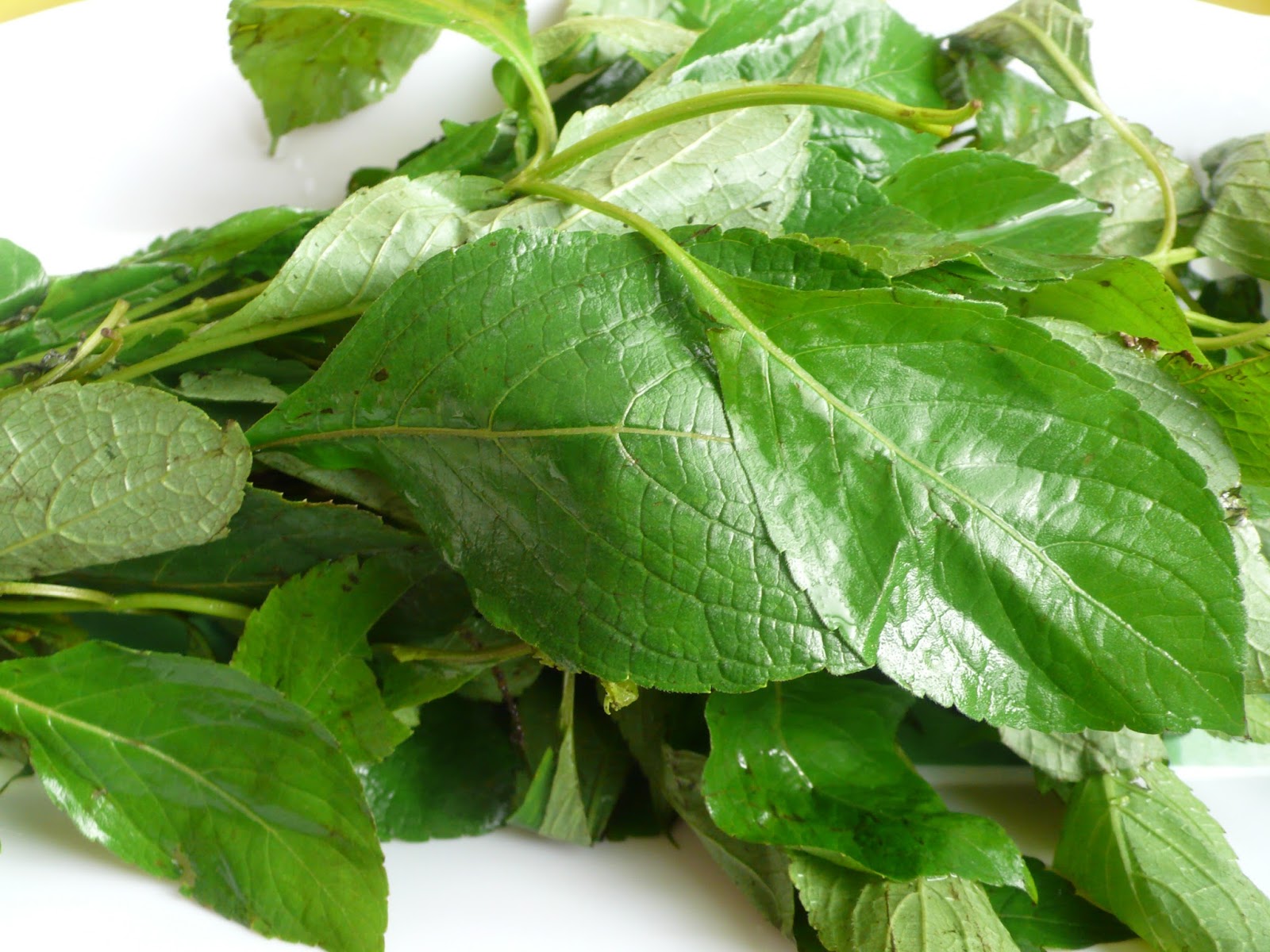The Wonders Of Scent Leaf: A Comprehensive Guide
Scent leaf, also known as "efirin" in Nigeria and "nchuanwu" in Ghana, is a popular herb that has been cherished for its aromatic properties and numerous health benefits. This remarkable plant is not just a culinary delight but also plays a significant role in traditional medicine across various cultures. In this article, we will delve deep into the world of scent leaf, exploring its origins, uses, health benefits, and much more. So, whether you are a culinary enthusiast or someone looking to enhance your health naturally, this article is for you.
From its distinct aroma to its versatility in dishes, scent leaf has captured the hearts of many. Incorporating scent leaf into your diet can not only elevate the flavor of your meals but also provide a plethora of health advantages. With a rich history and a wide array of uses, understanding this herb can open new doors to enhanced culinary experiences and improved well-being.
Join us as we embark on a journey to uncover the benefits and applications of scent leaf. You will learn how to incorporate it into your daily routine, its nutritional profile, and why it deserves a special place in your kitchen and medicine cabinet.
Table of Contents
- What is Scent Leaf?
- Nutritional Value of Scent Leaf
- Health Benefits of Scent Leaf
- Culinary Uses of Scent Leaf
- Cultivation and Harvesting
- Scent Leaf in Traditional Medicine
- Precautions and Side Effects
- Conclusion
What is Scent Leaf?
Scent leaf, scientifically known as Ocimum gratissimum, is a perennial herb belonging to the mint family. It is characterized by its aromatic leaves, which are often used in various culinary dishes and traditional remedies. The plant can grow up to 1 meter in height and features small white or purple flowers. It is native to tropical regions of Africa and Asia, where it has been cultivated for centuries.
Biographical Data of Scent Leaf
| Common Name | Scent Leaf |
|---|---|
| Scientific Name | Ocimum gratissimum |
| Family | Lamiaceae |
| Native Regions | Africa, Asia |
| Uses | Culinary, Medicinal |
Nutritional Value of Scent Leaf
Scent leaf is not only flavorful but also packed with essential nutrients. Here are some of the nutritional components found in scent leaf:
- Vitamins: A, C, and K
- Minerals: Calcium, Iron, and Magnesium
- Antioxidants: Flavonoids and polyphenols
- Dietary Fiber
These nutrients contribute to the overall health benefits provided by scent leaf, making it a valuable addition to your diet.
Health Benefits of Scent Leaf
Scent leaf is renowned for its numerous health benefits. Some of the most notable include:
- Anti-inflammatory Properties: Scent leaf contains compounds that help reduce inflammation in the body.
- Antimicrobial Effects: The herb has been shown to possess antibacterial and antifungal properties.
- Digestive Health: Consuming scent leaf can aid digestion and alleviate gastrointestinal issues.
- Respiratory Relief: The aroma of scent leaf can help clear nasal passages and relieve symptoms of respiratory conditions.
- Stress Reduction: The scent of this herb is known to have calming effects, helping to reduce stress and anxiety.
Incorporating scent leaf into your daily routine can lead to improved overall health and well-being.
Culinary Uses of Scent Leaf
Scent leaf is a versatile herb that can be used in various dishes. Here are some popular culinary applications:
- Soups and Stews: Adding scent leaf to soups and stews enhances flavor and aroma.
- Salads: Fresh scent leaf can be used in salads for a burst of flavor.
- Tea: Scent leaf tea is a soothing beverage that can be enjoyed hot or cold.
- Seasoning: The leaves can be dried and ground to be used as a seasoning for various dishes.
Cultivation and Harvesting
Scent leaf can be easily grown in home gardens. Here are some tips for cultivation:
- Soil: Prefers well-drained, loamy soil.
- Sunlight: Requires full sun for optimal growth.
- Watering: Regular watering is essential, but avoid waterlogging.
- Harvesting: Harvest leaves regularly to promote bushy growth and prevent flowering.
Scent Leaf in Traditional Medicine
In many cultures, scent leaf has been used in traditional medicine for centuries. It is believed to treat various ailments such as:
- Headaches
- Fever
- Cough and Cold
- Digestive Disorders
Always consult with a healthcare professional before using scent leaf for medicinal purposes.
Precautions and Side Effects
While scent leaf is generally safe for consumption, some precautions should be taken:
- Consult a doctor if you are pregnant or nursing.
- Avoid excessive consumption to prevent gastrointestinal discomfort.
- Individuals with allergies to plants in the mint family should exercise caution.
Conclusion
In summary, scent leaf is a remarkable herb that offers a multitude of health benefits and culinary uses. By incorporating it into your diet, you can enjoy its flavorful aroma while reaping its numerous advantages. We encourage you to explore the world of scent leaf and consider adding it to your kitchen and wellness routine. Share your experiences and thoughts in the comments below, and feel free to explore more articles on our site!
Thank you for joining us on this journey into the wonders of scent leaf. We hope to see you again soon for more exciting content!
Madison Cheetow: A Rising Star In The Entertainment Industry
John Leguizamo And Wife: A Deep Dive Into Their Life Together
Religious New Years Images: Celebrating Faith And Tradition


